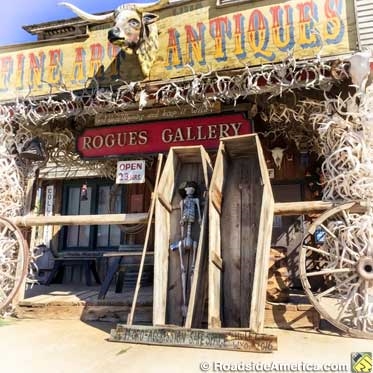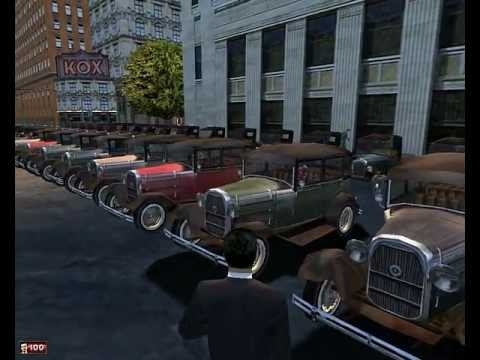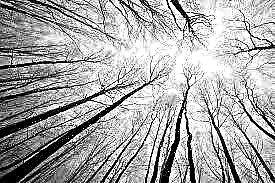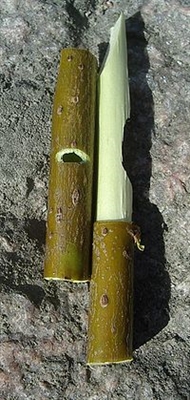V.V. Mayakovsky is the brightest figure of Russian poetry in the first half of the 20th century. He introduced the reader to fundamentally new topics and views on the problems of our time. The poet’s innovation is reflected not only in the content of the works, but also in their form - a huge image of the masses, endless neologisms, hyperbolas, oratory exclamations. He skillfully combined in his work a rebellious mood with metaphorical and imaginative, uncompromising and expressive with romantic motifs.
History of creation
One of the central poems of Mayakovsky’s early lyrics is “Could you?” It was published in the almanac “The Trebnik of Three” published in March 1913 (Edition by G.L. Kuzmin and S.D. Dolinsky). This collection also published several poems and drawings by Mayakovsky.
It is noteworthy that "Could you?" is one of the first works in which the poet no longer just observes society, but acts himself, trying to get rid of stagnation. With all his being, he longs for a transformation of reality.
Genre, direction and size
The uniqueness of the poem lies in the fact that with a small size it has a rich conceptual and thoughtful component. The direction “Could you?” Is Russian futurism, the leading features of which are the challenge to the bourgeois world, the priority of spiritual development and the protest against inert thinking.
In this case, the cross-rhyme that defines the character of the sound and the four-foot iambic, giving the song a song, are the poetic instrument.
Images and Symbols
The lyrical hero in Mayakovsky’s poem appears rebellious in nature. He protests against the monotonous and primitive world, fights against that grayness, that faceless crowd that surrounds him.
The “Everyday Map”, which the lyrical hero smeared, is a clear structure of life that is deeply rooted in his modern world. He seeks to adjust the existing reality for himself, and if you do not change the world around him, then at least make innovations in a dull picture of reality, "splashing paint from a glass."
The lyrical hero in a banal meal sees something special, something that an ordinary person is not able to see. Only observation and a romantic worldview will help to see the beauty in minor details. So, in an ordinary jelly he finds "slanting cheekbones of the ocean." And on the “scales of tin fish” he reads “calls of new lips,” that is, he hears new ideas, thoughts, and views. A drainpipe, which otherwise seems like an ugly piece of iron, appears before the lyrical hero as a wonderful musical instrument.
In a fit of enthusiasm, he turns to the reader, drawing him into his game: “And could you play a nocturne on a flute of drainpipes?” The lyrical hero seems to be interested in those around him, whether they are also able to see new sides of everyday things, discern the charm in unsightly objects, reveal the secrets and details of the unknown world.
Themes and mood
The main theme raised in Mayakovsky’s poem, “And you could,” is a conservative, dull and undeveloped society. She particularly affected the poet during the early period of creativity, which is why she was reflected in the thoughts, words and deeds of his lyrical heroes. Unwillingness to get out of the absorbing routine, which causes only dullness of the mind, is the leading thought in this work, a problem that must be fought.
It is easy to understand that the lyrical hero is very lonely. In figurative phrases and vivid symbols, his true spiritual experiences are reflected. He is the only one who pushes the boundaries and violates generally accepted standards, searches for a fundamentally new, in the prosaic finds the sublime. In idle reality, it is impossible for him to find a person whose opinion and views will be much like him. Of course, in addition to the metaphorical “calls of new lips” that are heard somewhere in the distance. Thus, the mood is created sad.
Idea
Mayakovsky’s creativity is unique in that most of his lyrical heroes express the key principles of the author himself. In the poem “Could you?” It blows the personal result of the poet’s thoughts. It is in a mild form, one might say, challenges people in the final question. The lyrical hero hopes that people will understand his impulses and stand with him in a row of innovators, deprived of conservative views. And the main idea of the poem is the need to get rid of narrow practicalism and utilitarianism. After all, it is precisely this attitude that will help not only man, but also society as a whole, not to stand still, to develop and find new amazing things.
The meaning of the poem is a passionate appeal to expand the boundaries of fantasy, to release creative energy, to try to rethink established norms in order to enrich the world with new trends and achievements, which the author himself did as a modernist.
Means of artistic expression
Mayakovsky, being a vivid figure of Russian futurism, was looking for new forms of presentation to achieve a more lively and colorful effect. This was reflected to a greater extent in his use of various means of artistic expression, their development and combinations.
A little poem "Could you?" contains unusual metaphors, innovative and screaming about their dissent. As literary critics note, in many of the poet's works this means of artistic expression is very unusual. The metaphor, as you know, is based on a figurative meaning by similarity. In this poem, this similarity is absent: the hero sees in the fat layer of the jelly “slanting cheekbones of the ocean”, in the “scales of tin fish” he reads “calls of new lips”, and also splashes paint from a glass onto the “everyday map”.
The inversion occupies a special place here: “On the scales of tin fish I read the calls of new lips.” A deliberately altered word order helps the reader to experience more deeply what the lyrical hero feels.
The rhetorical question in “Could you?” plays a key role. It is this figure of speech that sums up the peculiar result of the work, encourages the reader to protest (“And could you play a nocturne on a flute of drainpipes?”).

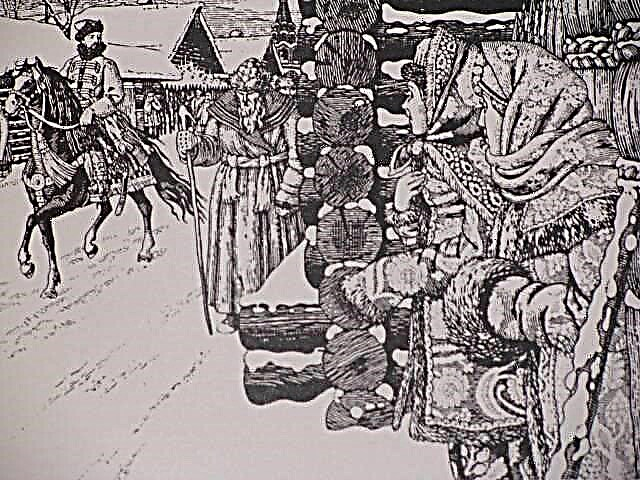
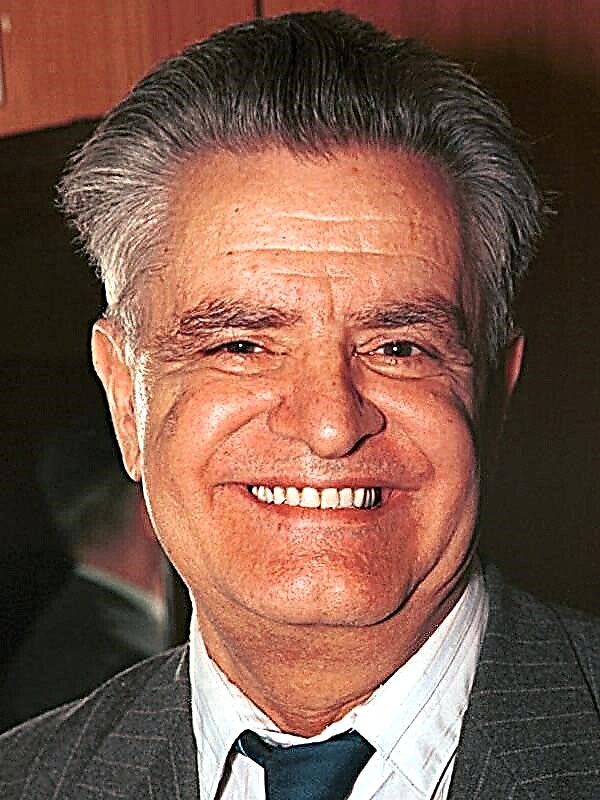

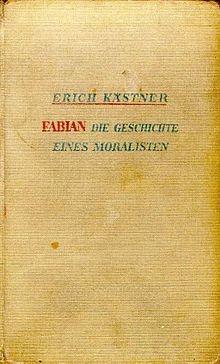

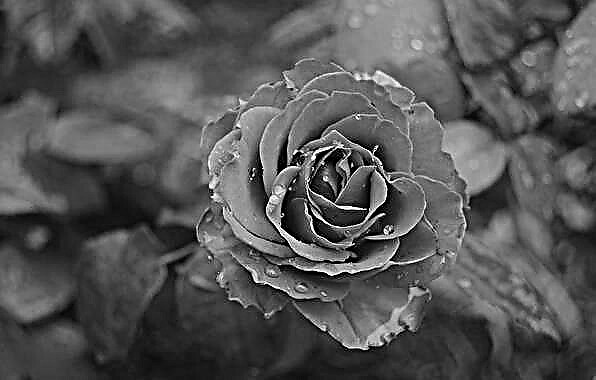
 Ranger
Ranger